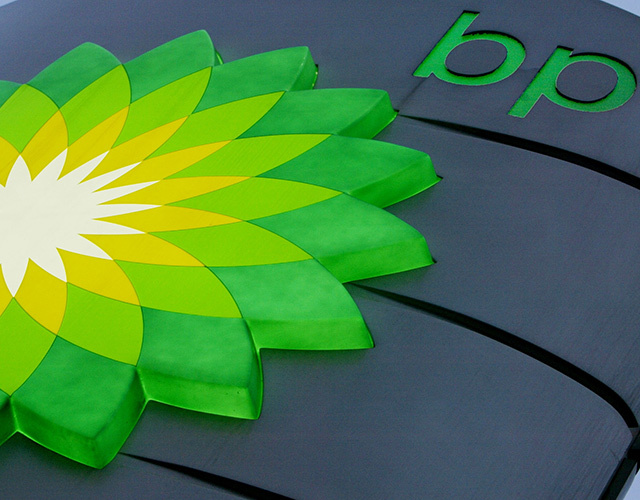
BP will reveal how far collapsing oil prices have eaten into its profits and investment plans when it posts its annual results next Tuesday.
The City expects the oil major to report full year underlying replacement cost profits down by more than a quarter to $9.9 billion (£6.5 billion) compared to a year ago, following oil prices that have fallen by more than half since last summer.
BP in common with most of the industry has been cutting costs to weather the new low price environment of around $50 a barrel.
The firm, which employs 15,000 people in the UK, said earlier this month it would cut 300 jobs in the North Sea following a review of its operations.
And last month BP warned that plans to streamline its business will cost it one billion US dollars (£638 million) over the next year.
The restructuring bill reflects the need to slim down its operations following 43 billion US dollars (£27.5 billion) worth of divestments since the Gulf of Mexico disaster in 2010.
It is still fighting clean-up litigation as a result of the disaster that has so far cost it around 40 billion US dollars (£26.5 billion). Its share price is a third below what it was at the time of the Deepwater Horizon oil spill in April 2010.
Earlier this week rival Royal Dutch Shell said it would cut 15 billion US dollars (£9.9 billion) from its spending plans over the next three years as it responds to sliding oil prices.
The Anglo-Dutch firm added earlier this month it would abandon a 6.5 billion US dollars (£4.3 billion) plan to build one of the world’s biggest petrochemical plants in Qatar with rival Qatar Petroleum.
Brokers also have concerns over BP’s Russian profits in light of the fall of the rouble after Western sanctions on the Kremlin since the Ukraine crisis.
BP holds just under a 20% stake in Russian oil firm Rosneft, which it acquired when the company sold its half of the TNK-BP joint venture to the Russian company in 2013.
CMC Markets chief market analyst Michael Hewson said: “The slide in the rouble as a result of the sanctions, as well as the oil price could well equate to a particularly sharp drop in its revenues for the fourth quarter, and has raised some concerns in some quarters about the sustainability of the company’s dividend, which currently yields just over 5%.”
For more market info stories click here.
Recommended for you
